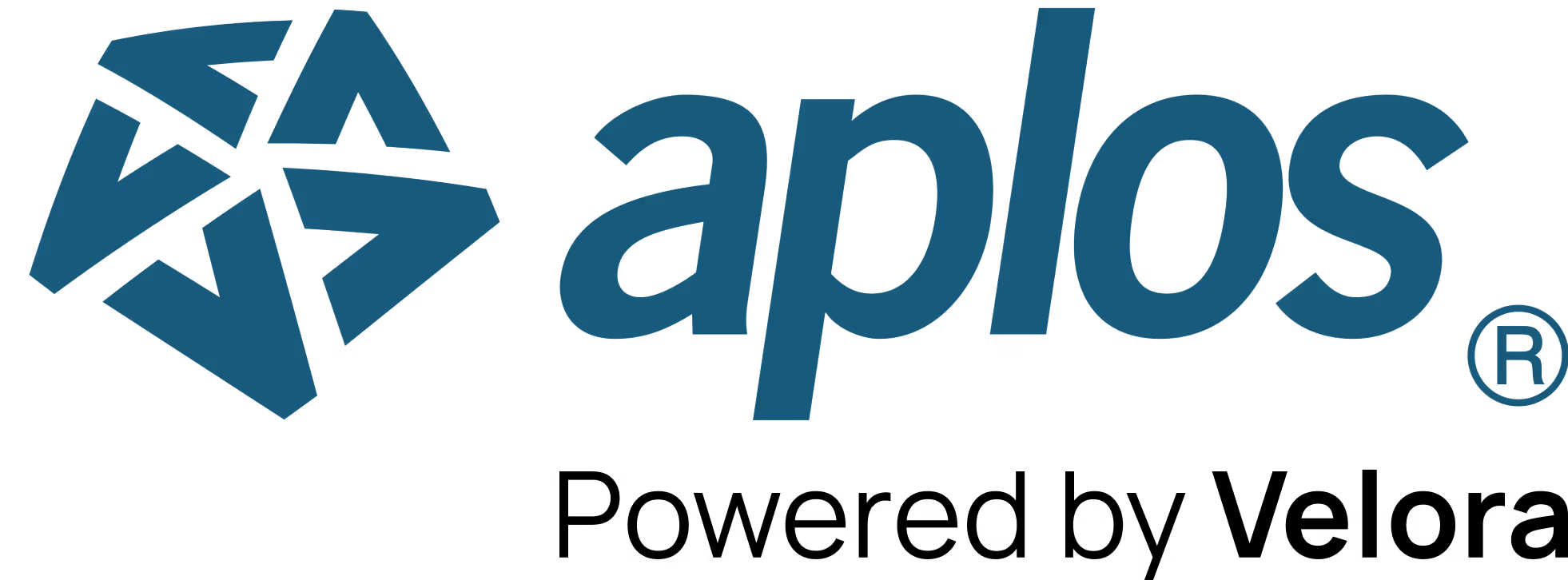
Online Fundraising Basics: Lesson 8

Online Fundraising Basics: Lesson 8

You know about online fundraising. You have tools at your disposal, such as using social media, like we talked about in the previous lesson. But now what? You need to incorporate online fundraising efforts into the overall fundraising plan for your nonprofit. A comprehensive fundraising plan, reevaluated regularly, will be more successful than trying one fad idea after another. Fundraising for nonprofits constantly evolves, so once you create your fundraising plan, you should always be on the lookout for new ideas and ways you can improve your practices.
Consider donor recognition strategies as an essential part of your plan. If you create a donor database, consider organizing it by length of giving history, rather than size of total gifts. How many times have you walked past a marble wall with names on it where the big names at the top are wealthy individuals or corporations? What if the people at the top of the list were those who were with you in the beginning and continue to give year after year?

Essential Donor Communications For Your Fundraising Plan
The most successful fundraising organizations are those that cultivate habits of giving among their donors, and offer various ways to give that donors can choose from. Providing online giving or Text to Give in addition to cash or checks will help you meet your donors where they are. Consistency in timing and messaging of your appeals is important. Reward and encourage repeat donors. To do this, develop a system where you can be alerted to trends in your donors’ habits.
Professional fundraisers use terms like LYBUNT and SYBUNT to group types of donors. They stand for donating “last year, but not this year,” and “some years, but not this year.” Ideally, your fundraising plan would include tailored appeals for LYBUNT donors and SYBUNT donors to encourage them to continue giving if they start to slip away.
Another important element of the fundraising plan is tracking how your donors give and making sure you reach out to them when their habits change. This is why donor management software, like Aplos, can be really advantageous. It connects your donation tracking with your donor database. The donor who regularly gives $100 and suddenly makes a gift of $500 is telling you something. Are you listening? More troubling, what about the lady who gives $25 like clockwork on the first of every month, and suddenly stops? There might be many reasons, but imagine a quick note that says:
“We are grateful for what you’ve done in the past, but we notice that you haven’t given lately. Has something changed that we need to know about? It matters to us because the needs of our mission continue, and we value your support.”
Their interests might have changed, but you have a chance at rekindling their appreciation. More importantly, they might be unhappy with something that they heard, and if so, you just might get the chance to clear up a misunderstanding. Very little harm can come from honestly telling people you rely on them.
Avoid the temptation to create a succession of so-called emergencies to catalyze giving. Obviously, if you have an emergency need, tell your supporters about it. But avoid threats like, “We will have to close our doors unless you help TODAY,” unless it is real. By constantly overstating the gravity of the situation, you inadvertently coach people to wait for trouble. The truth is, you do good work all year long. The objective of your fundraising plan should be to develop long-term partners who invest in your mission.
Best Practices For Donor Relations
Here are some essential practices that will help you be a successful fundraiser:
- Be transparent.
Treat your donors as investors. Your donors will become part owners of your mission. They will want to know how your organization is using its resources. - Be personal.
Work with your online donors to develop deeper relationships with your organization so they become long-time supporters. Share stories, invite them to events, ask them to volunteer, and personally reach out to them. - Protect your donors.
They trust you with their data. Respect their privacy by making sure your payment processor uses appropriate security measures. And never give out their information to a third party. - Never spam your donors.
Respect their wishes. Do not send them unsolicited communications. - Stay focused on your mission, not on the money.
Balance Your Online And Offline Fundraising Efforts
Online fundraising has great potential. That is clear. But it should never be your only strategy. Online fundraising can extend your reach to the world, but it’s not a good conduit for the deeper exchange that is necessary with your very best donors. Do not neglect to connect face to face with your top donors—the people who are most on board with your mission.

Our comprehensive closeout services start at $399 per month that needs to be reconciled. Sign up before Jan 1st and pay just $199.50 per month!
Copyright © 2025 Aplos Software, LLC. All rights reserved.
Aplos partners with Stripe Payments Company for money transmission services and account services with funds held at Fifth Third Bank N.A., Member FDIC.
Copyright © 2024 Aplos Software, LLC. All rights reserved.
Aplos partners with Stripe Payments Company for money transmission services and account services with funds held at Fifth Third Bank N.A., Member FDIC.



.png)



